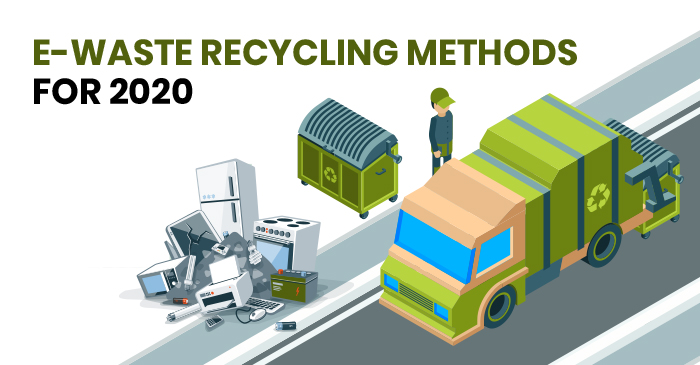Trick Approaches To Handle Waste Effectively During Your Home Renovation
Trick Approaches To Handle Waste Effectively During Your Home Renovation
Blog Article
Post Writer-Houmann Goodwin
When starting a home renovation, waste administration may not be the first thing on your mind, but it's a vital element of the procedure. By carrying out a few basic strategies, you can dramatically lower the environmental impact of your job. From smart decluttering methods to innovative recycling solutions, these fast pointers will not only improve the performance of your remodelling however also add to a more lasting outcome.
Pre-Renovation Decluttering
Before diving right into your home restoration job, decluttering your area is a crucial step to ensure a smoother and much more well organized procedure. Beginning by analyzing each area and establishing what products are important and what can be discarded or contributed. Be ruthless in your decluttering initiatives; if you haven't utilized a product in over a year, it may be time to let it go.
Type things right into categories such as keep, contribute, reuse, or dispose of. Buy storage services like bins or racks to aid organize the things you select to keep. This won't only declutter your area yet likewise make it much easier to find things throughout and after the improvement.
Decluttering prior to linked web site will not just enhance the procedure but likewise save you time and money. You'll have a clearer vision of what requires to be done and will not be overwhelmed by unnecessary things.
When you have actually decluttered, you can move forward with your remodelling task with a fresh and orderly space.
Effective Waste Sorting
To ensure a smooth and environmentally conscious home remodelling procedure, reliable waste sorting is essential. As you start your improvement project, set up marked sorting locations for various types of waste.
Putting different bins or containers for recyclables, hazardous products, and general waste will certainly simplify the disposal procedure and make it less complicated to divert recyclable materials from ending up in landfills.
Tag each arranging area clearly to stay clear of complication and make certain that everyone associated with the improvement knows where each type of waste need to go. This straightforward action can help stop mixing of products that could contaminate recyclables or produce safety hazards during disposal.
Recycling and Upcycling Techniques
Efficient waste arranging sets the foundation for a successful home renovation job. When it comes to managing waste during your remodelling, recycling and upcycling approaches play a vital role in lowering garbage dump waste and maximizing the capacity of your products.
Beginning by designating different containers for various sorts of recyclables like glass, plastic, and paper. Check with https://remingtonvchms.yomoblog.com/36717131/quick-tips-for-managing-waste-during-a-home-restoration to guarantee you're complying with the correct standards for disposal.
Consider upcycling items like old furniture, doors, or cupboards as opposed to tossing them away. With a fresh layer of paint or some creative modifications, you can provide these products a new life in your remodelled room. https://www.mycouriertribune.com/news/business/gi-junk-removal-ready-to-assist-local-community/article_dfdc6b26-b936-11ed-b192-9be7dcde3700.html reduces waste but also includes an unique touch to your home design.
Try to find donation centers or companies that approve reusable structure products. By giving away products like lighting fixtures, cupboards, or ceramic tiles, you can help others while decluttering your area. Keep in mind, a little initiative in reusing and upcycling can go a long way in making your home renovation job much more lasting and eco-friendly.
Conclusion
To conclude, by following the quick pointers for taking care of waste throughout a home remodelling, you can make the process more reliable and environmentally friendly. Decluttering before beginning the restoration, arranging waste right into marked containers, and considering recycling or upcycling alternatives can aid reduce the amount of waste mosting likely to land fills. With a little additional initiative, you can make a huge effect on the sustainability of your project.
